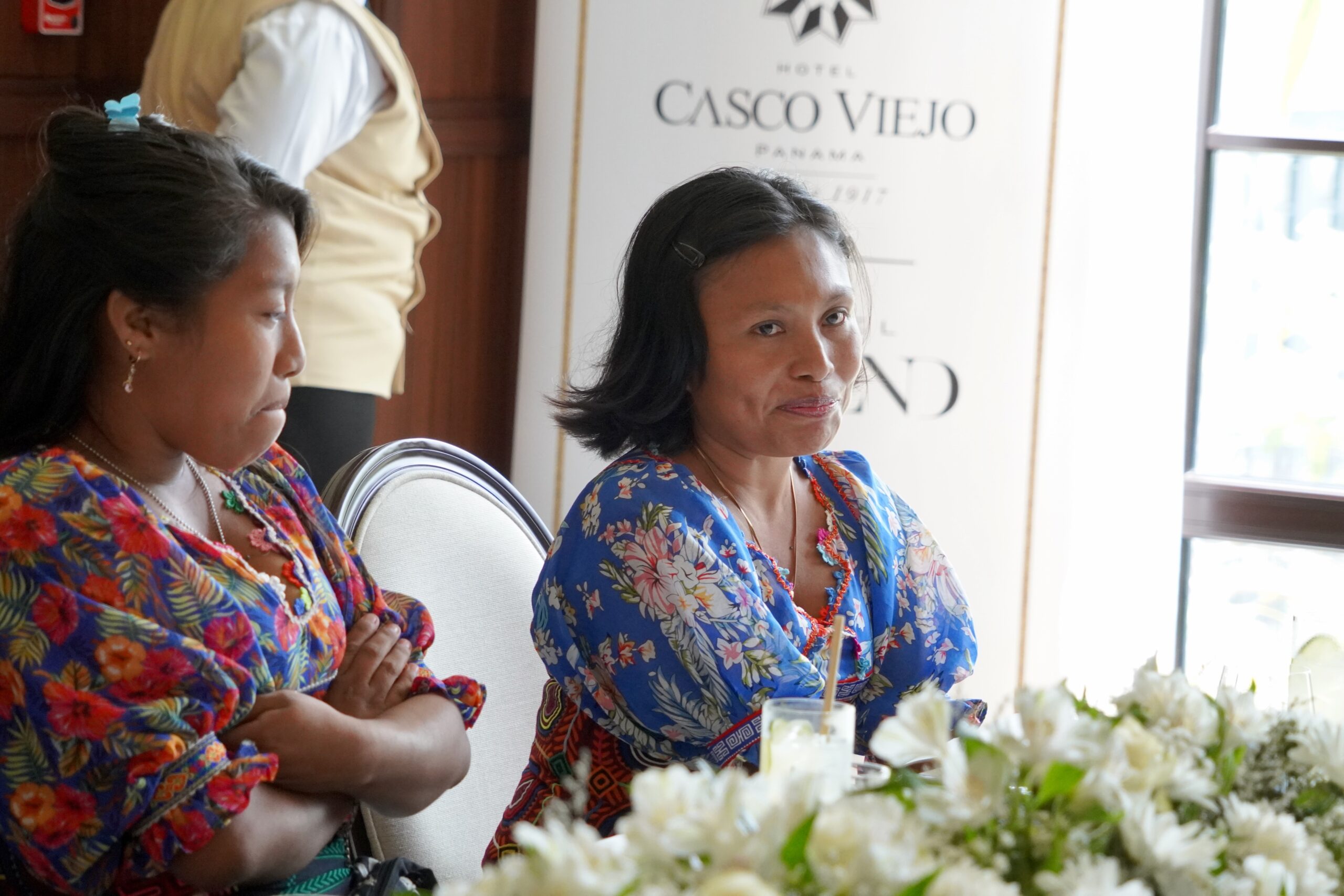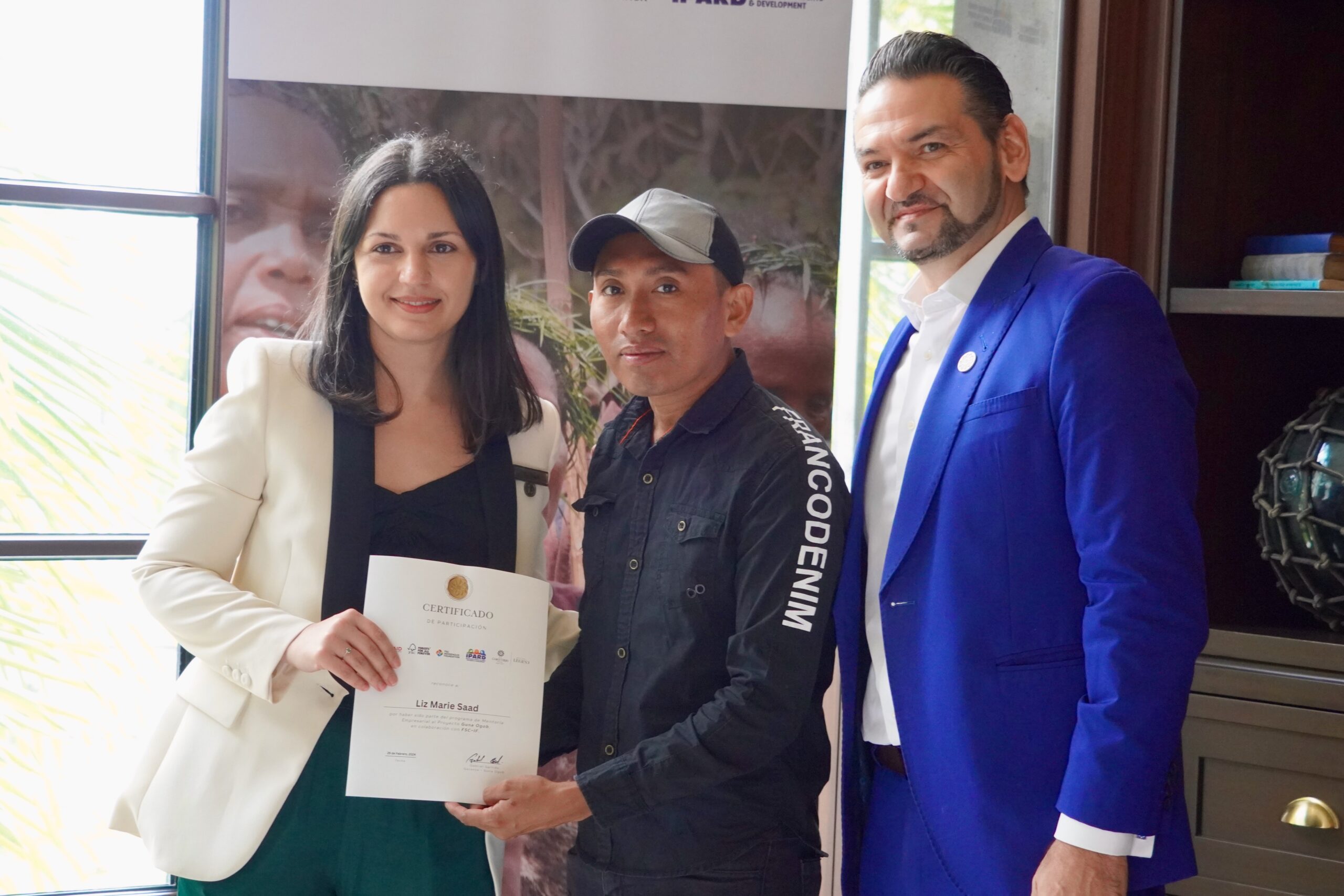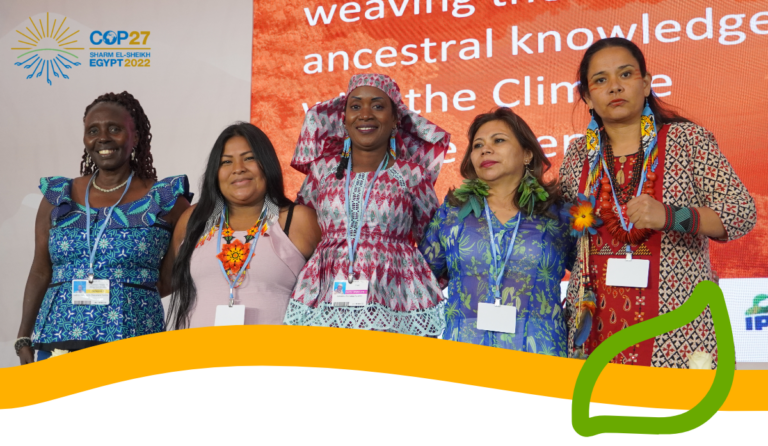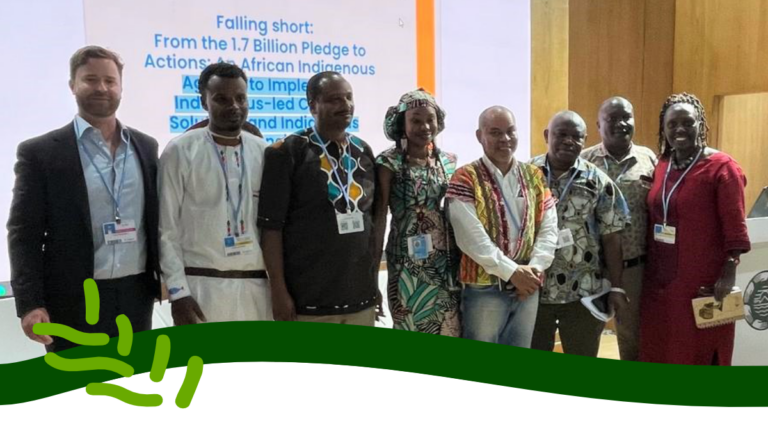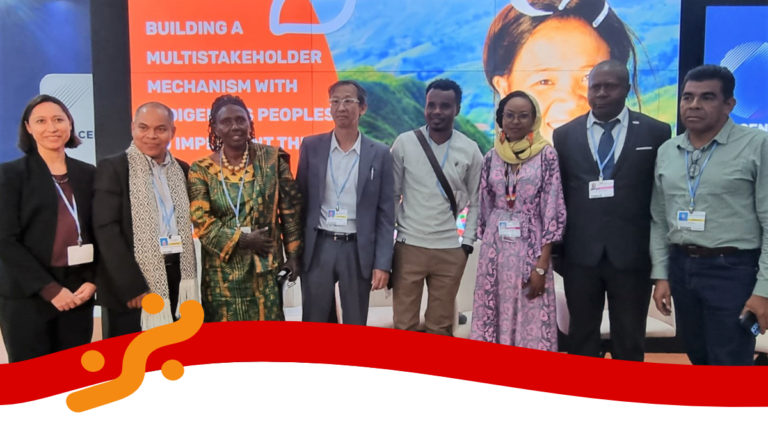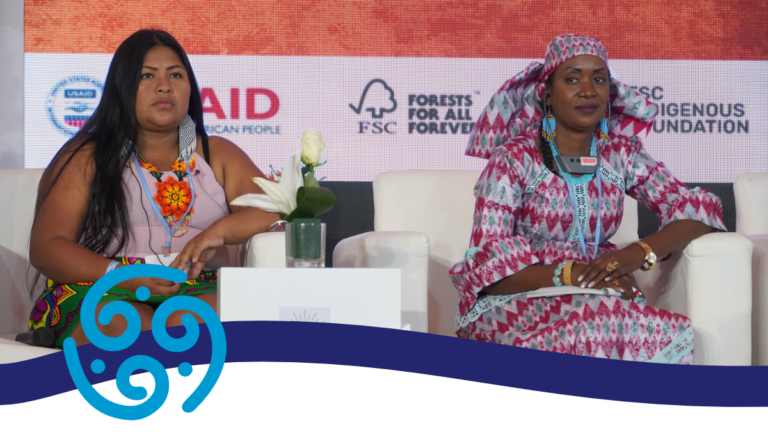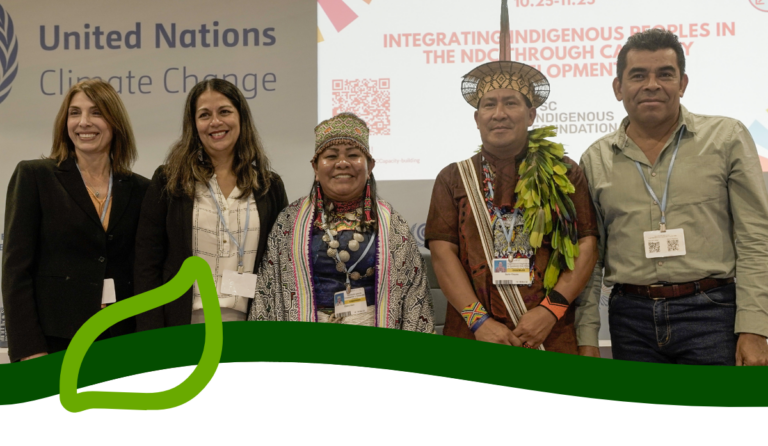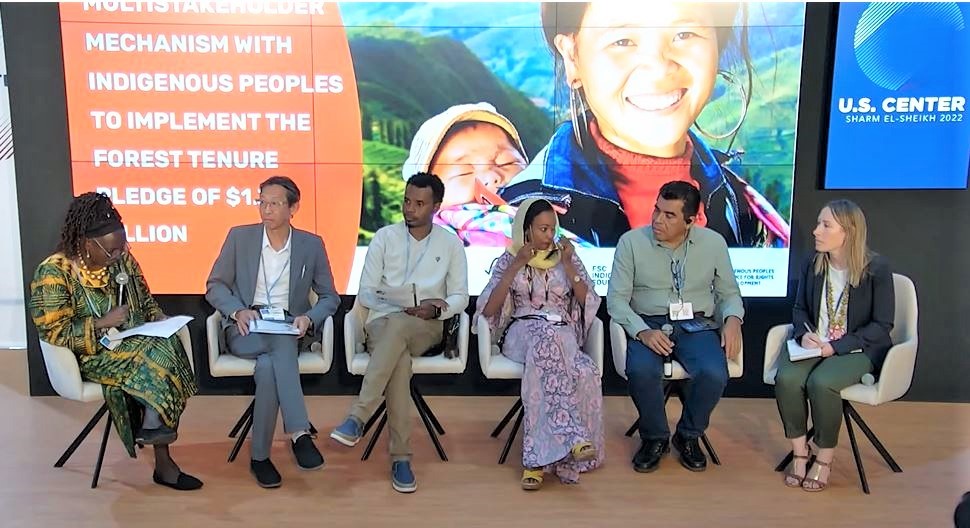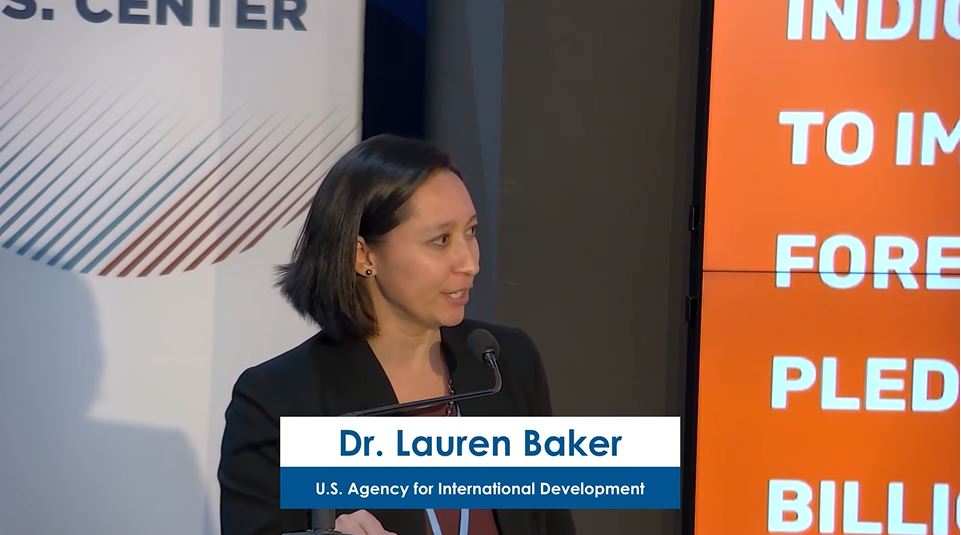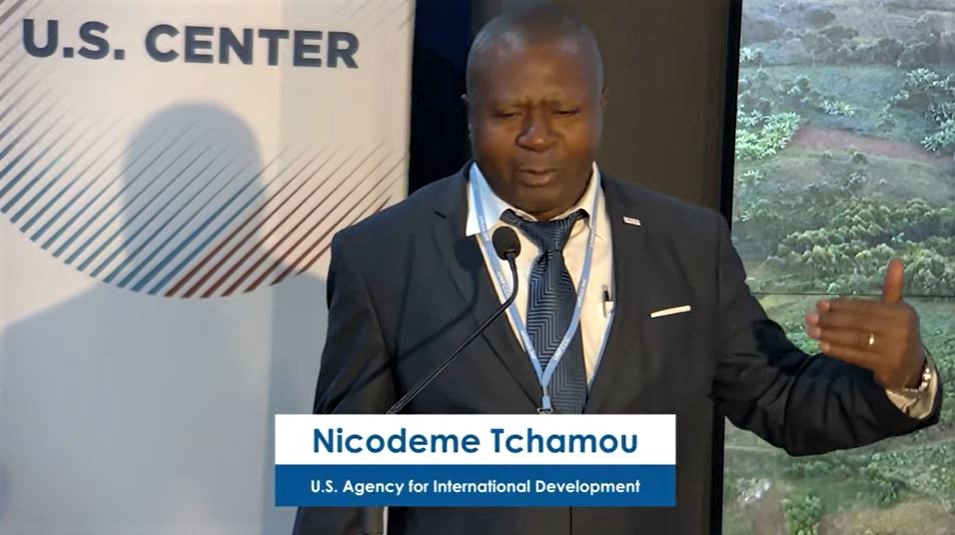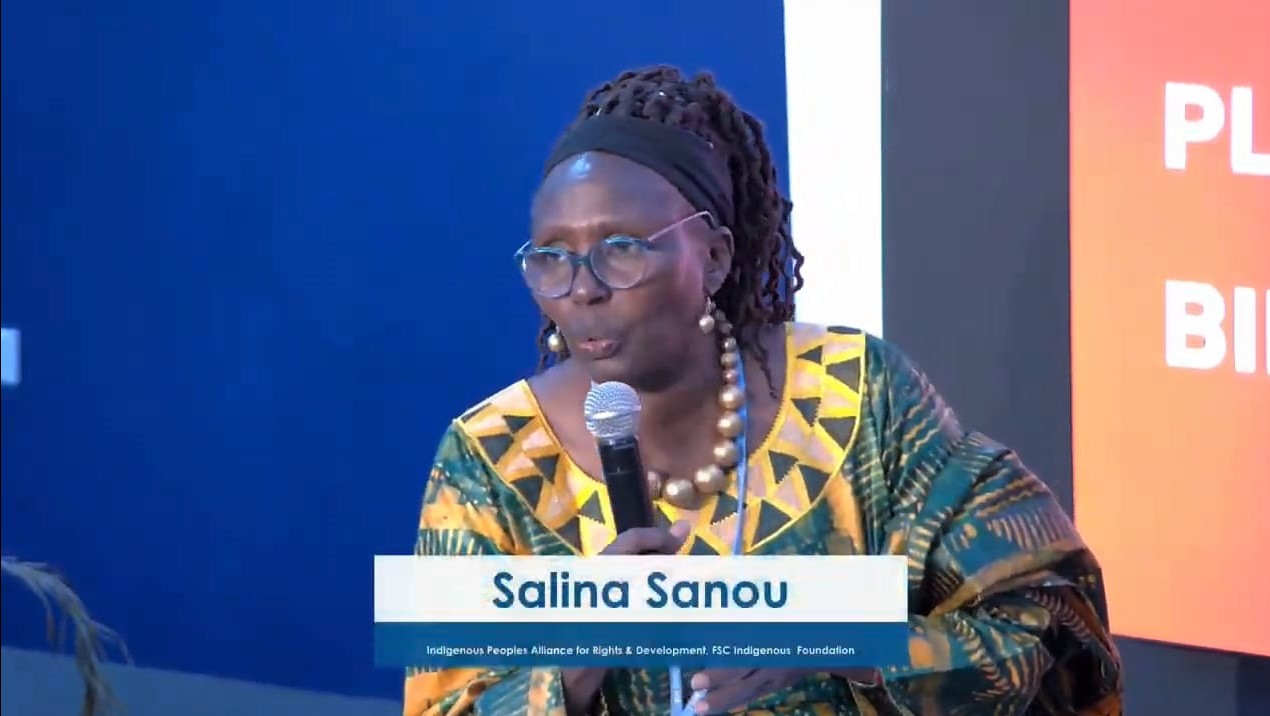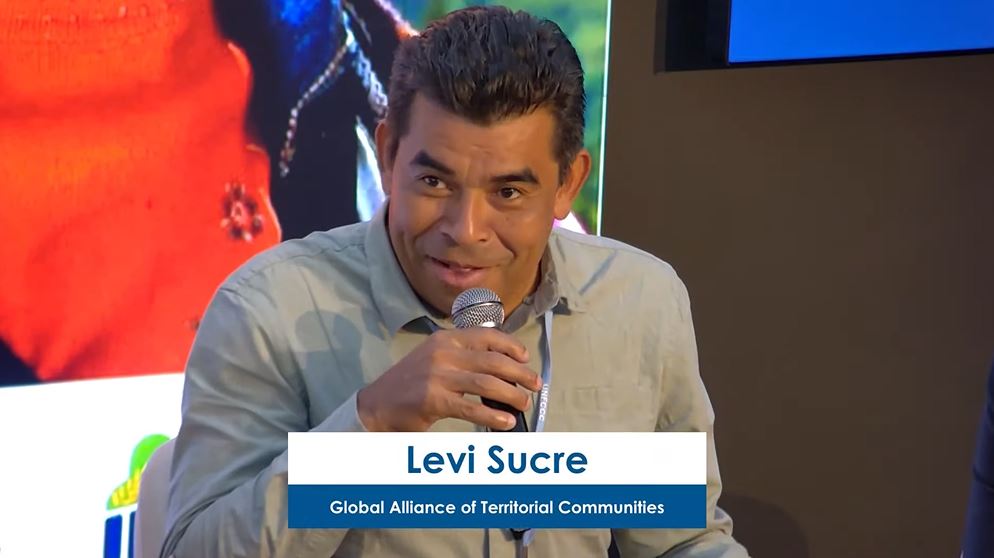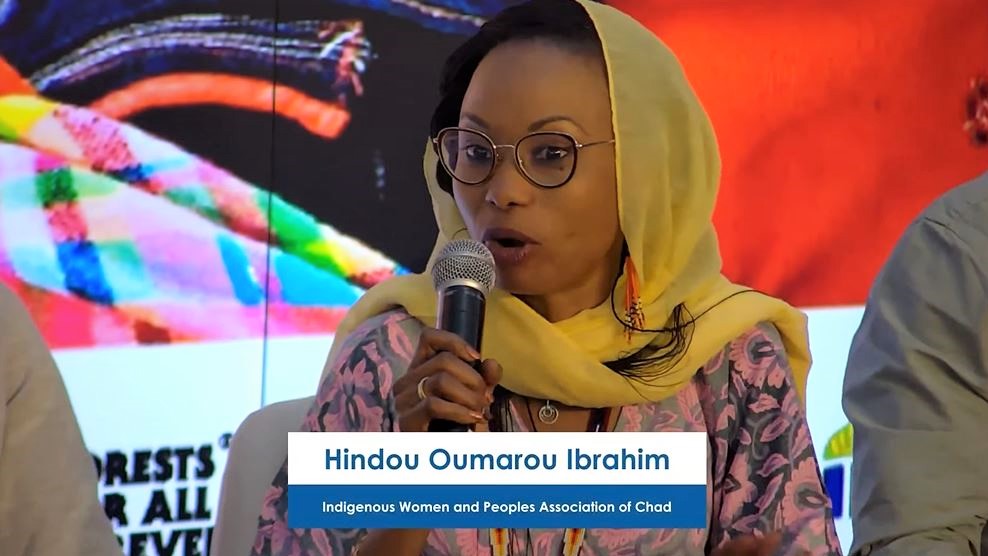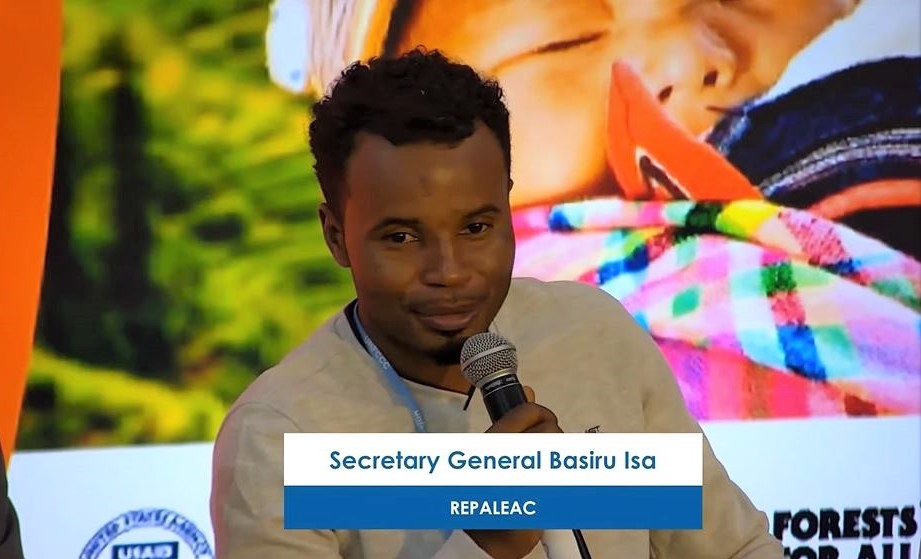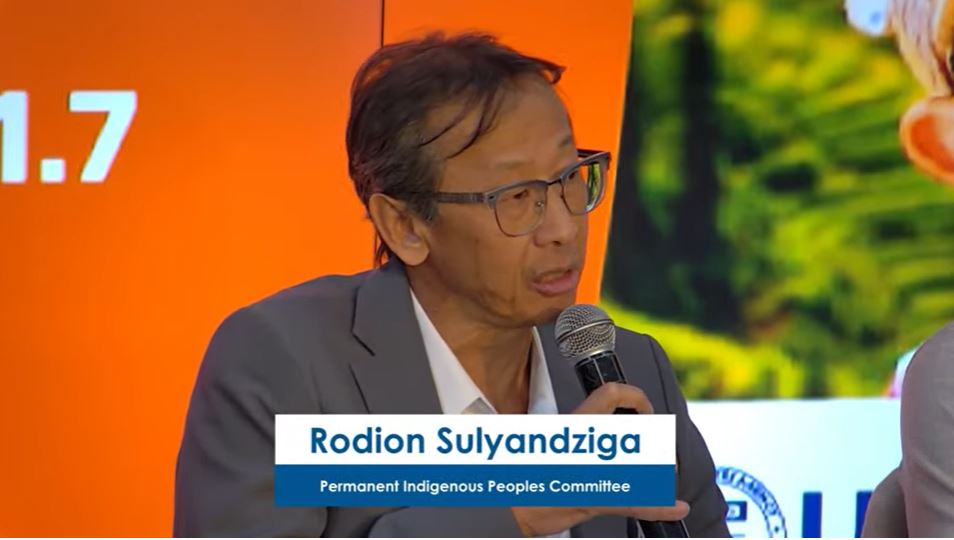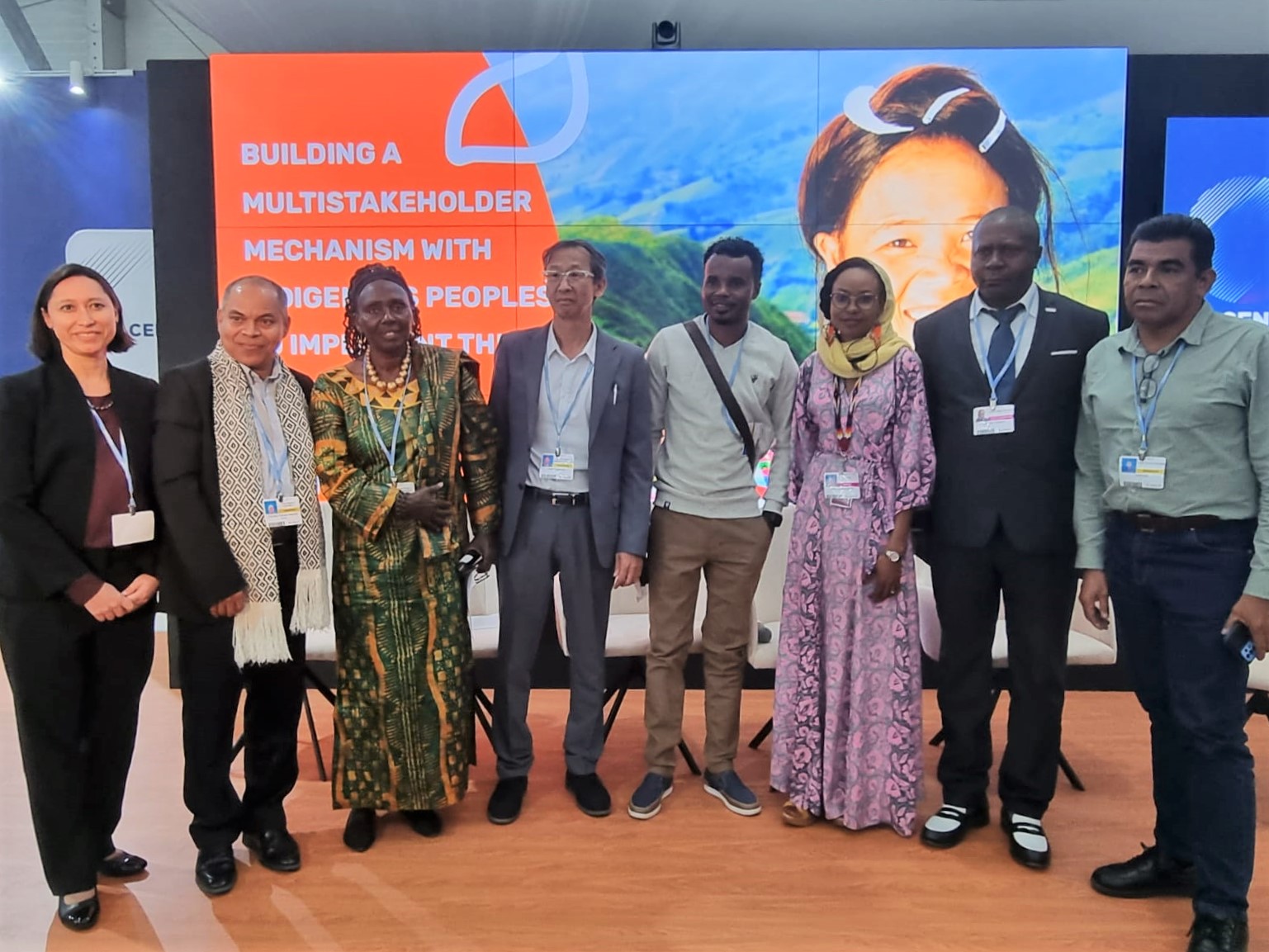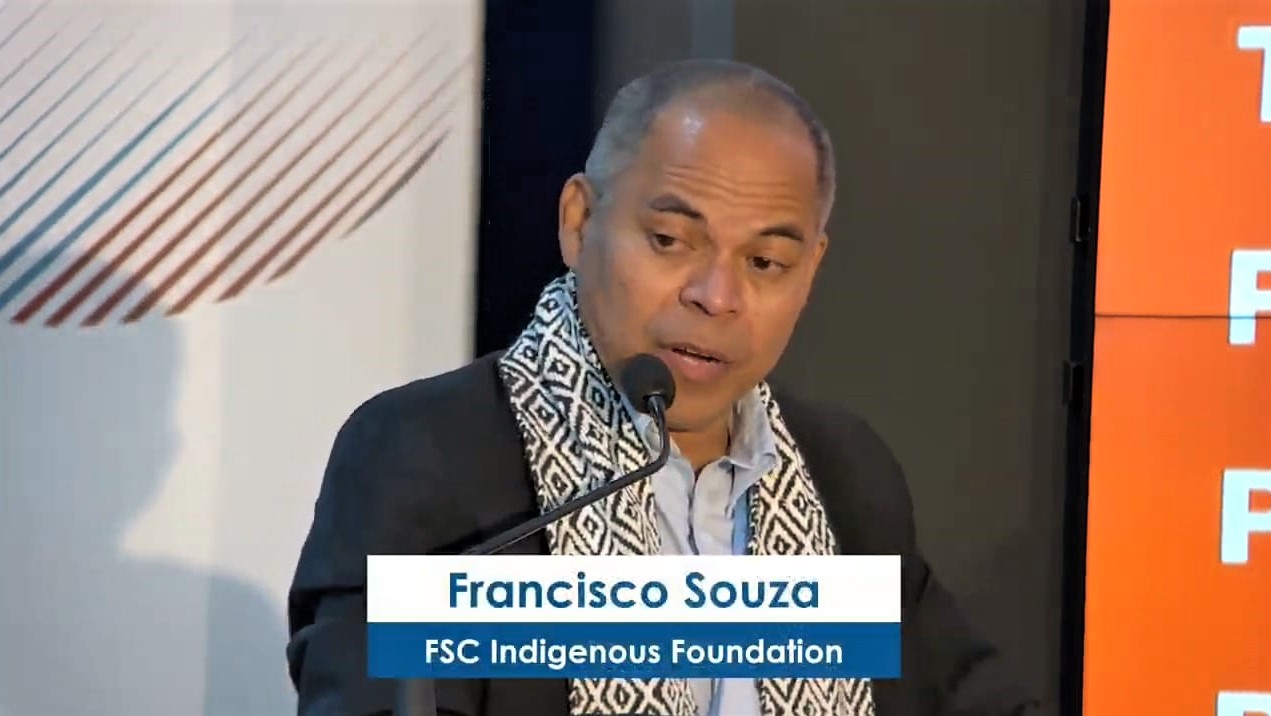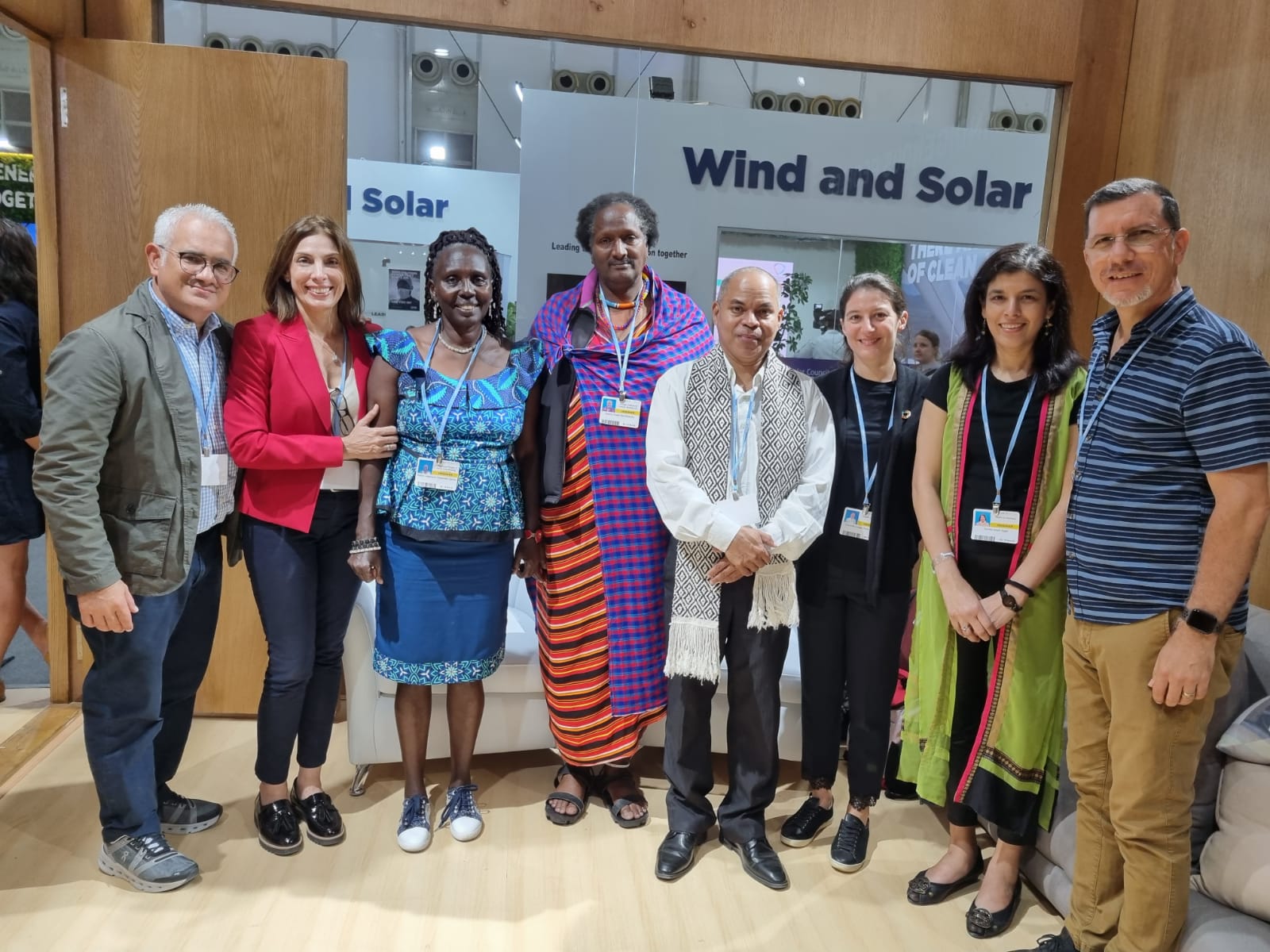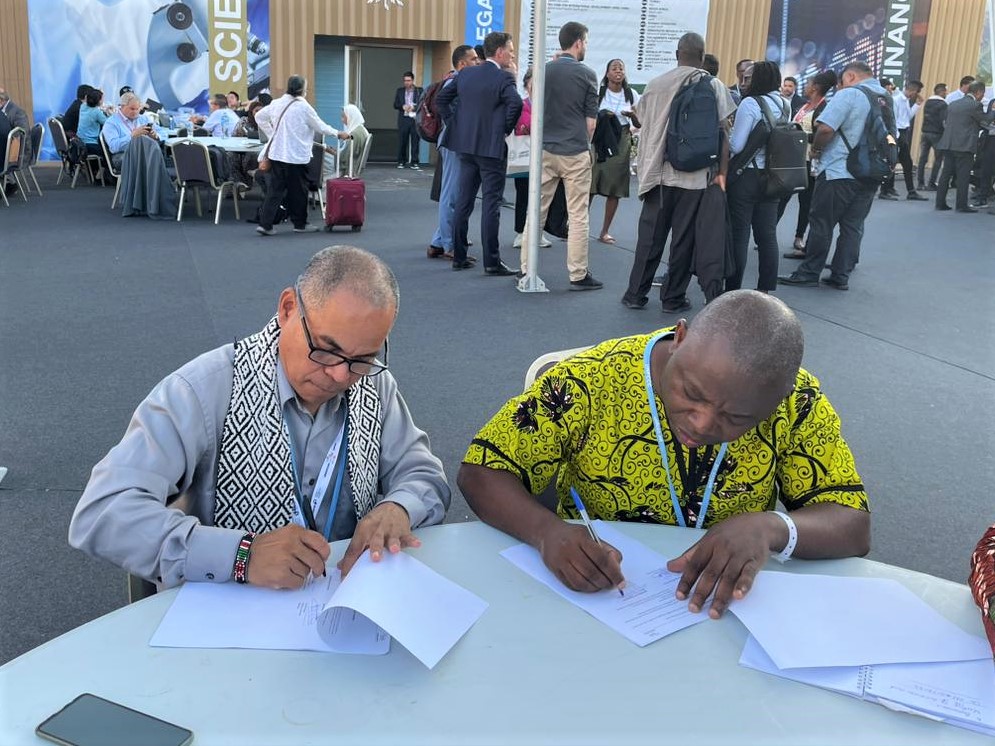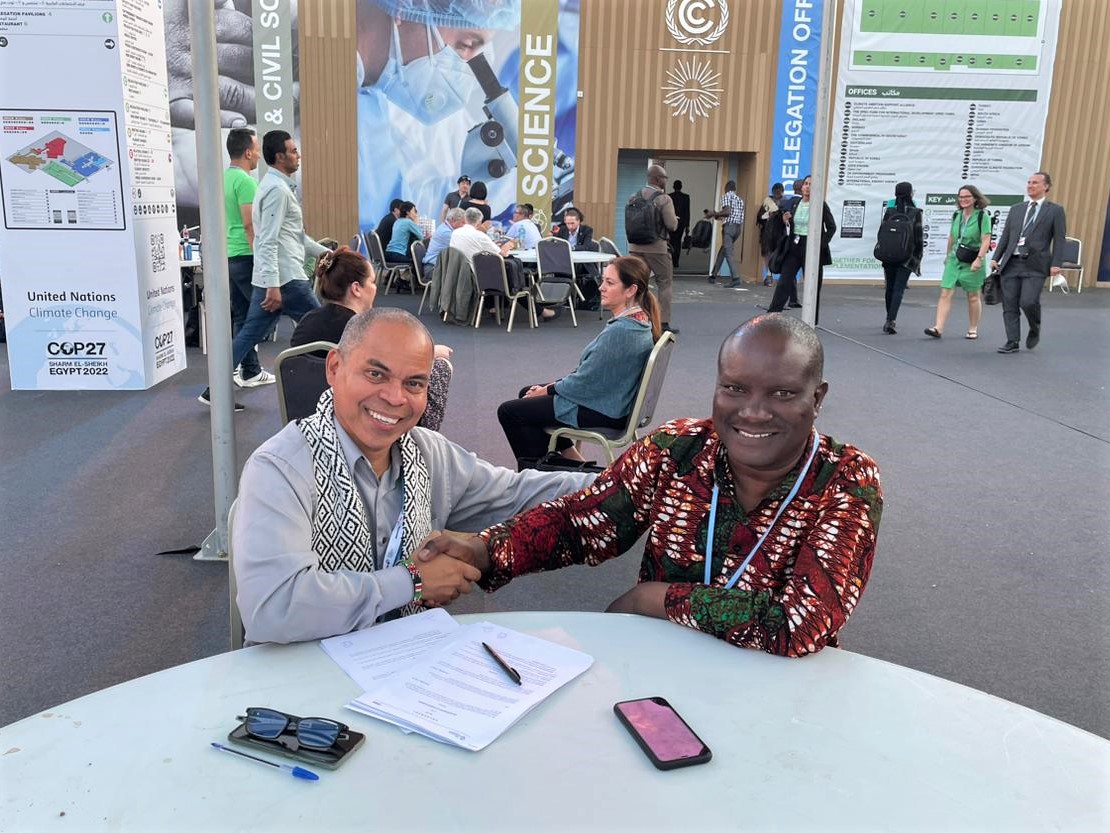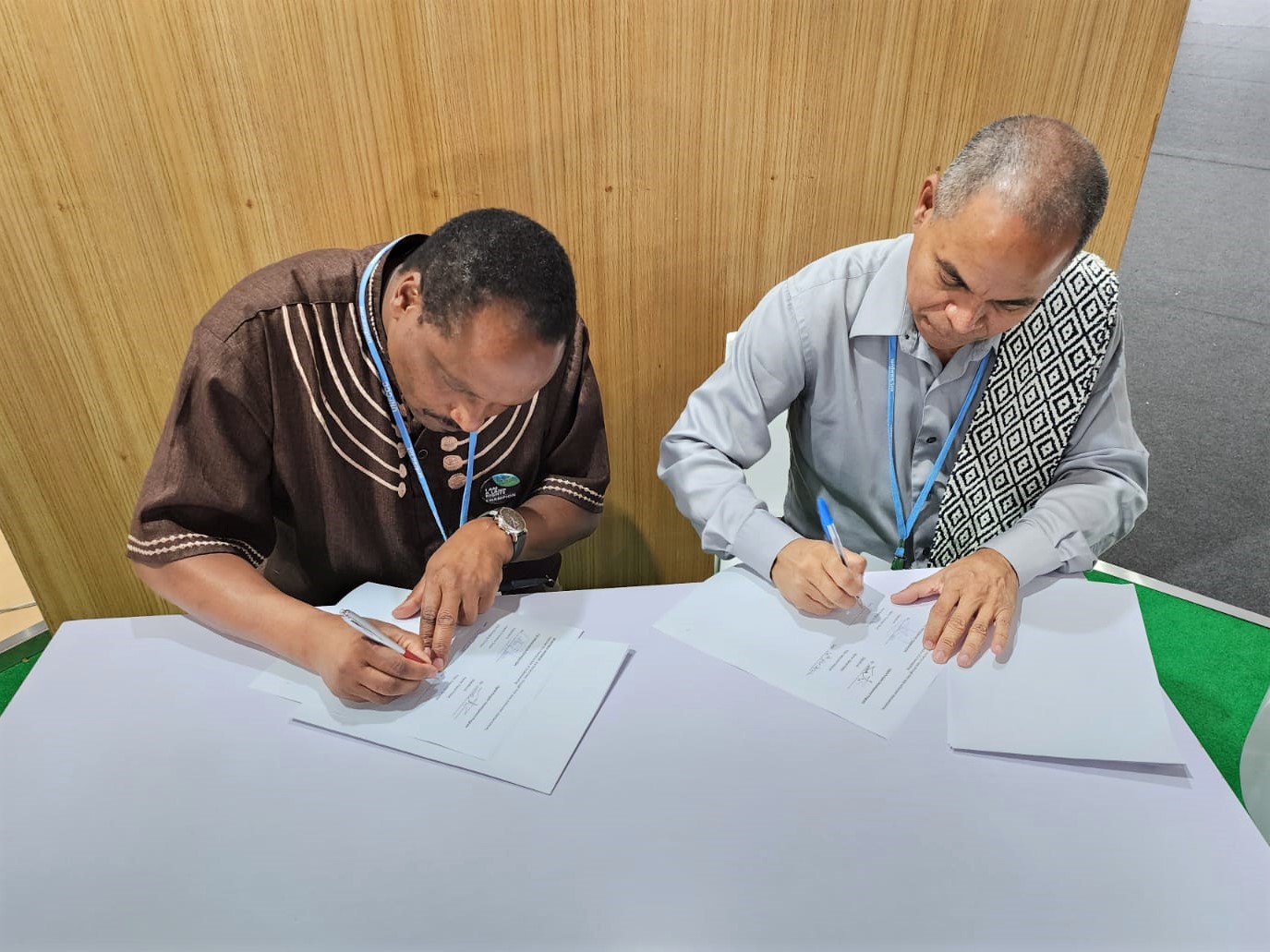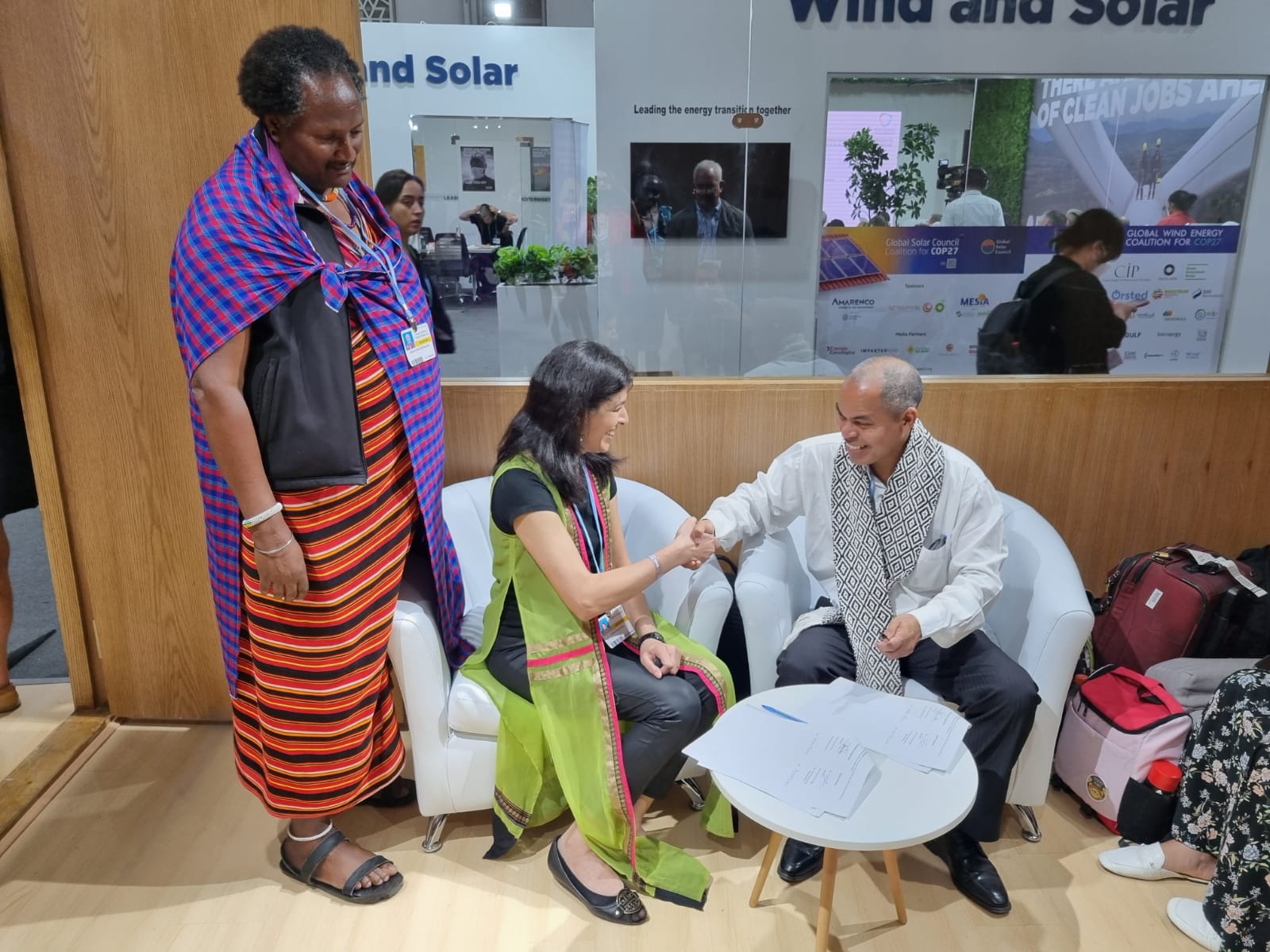Ceremony to celebrate business mentoring program between Indigenous company Guna Ogob and Sofitel Legend Casco Viejo Hotel
The FSC Indigenous Foundation facilitated this collaboration to foster partnerships, knowledge exchange, and economic development with culture and identity.
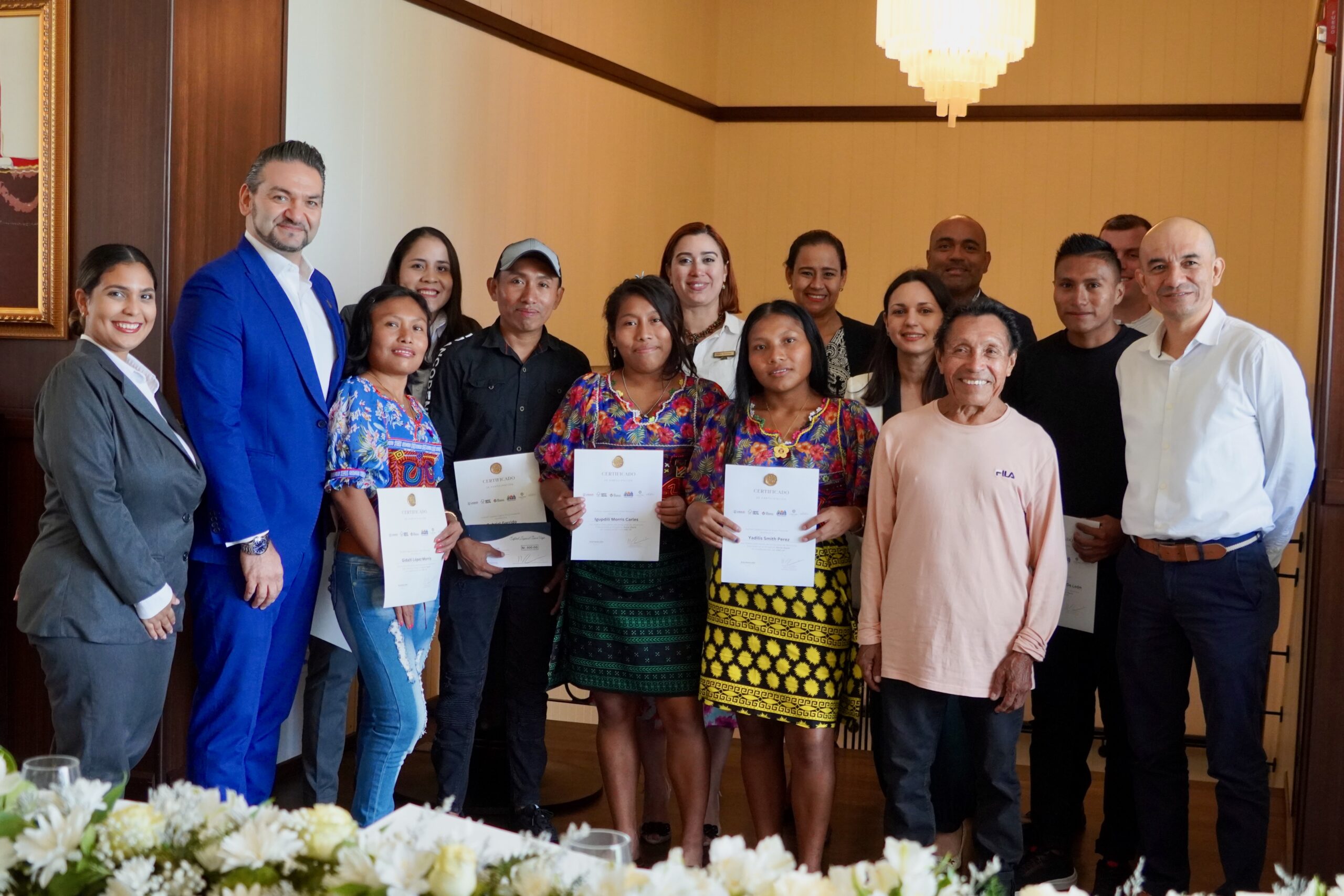
Panama City, Panama – On February 29, 2024, members of the Indigenous community business Guna Ogob and volunteers from the Sofitel Legend Casco Viejo Hotel received certificates after having completed a business mentoring program together.
This innovative partnership connected members of the company Guna Ogob with professional hotel staff, who exchanged knowledge and offered mentoring in sales, marketing, accounting, talent, and culture over 6 months. Volunteers learned how to provide support to Indigenous Peoples on these topics, and Guna Ogob members strengthened business skills. The program also identified challenges and opportunities for business partnerships between the private sector and an Indigenous business.
Guna Ogob is an Indigenous community coconut oil business located on Mamitupu island in the comarca Gunayala in the northeast of Panama. It was founded in 1997 by Pablo Nieto Pérez and has grown despite challenges of lack of registration and access to markets. Today, youth from the community are leading the development of the company, harmonizing a modern vision with Indigenous ancestral knowledge.
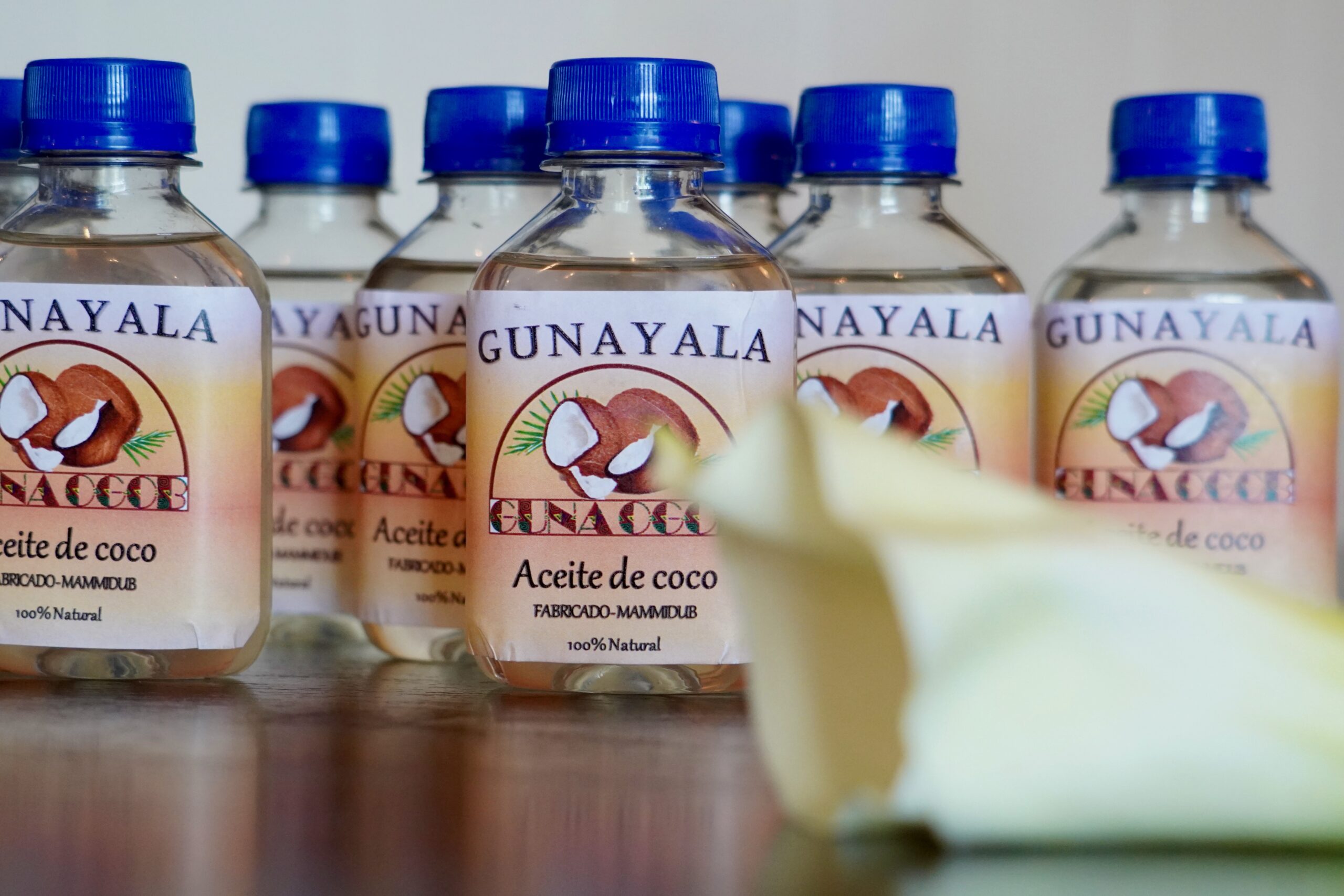
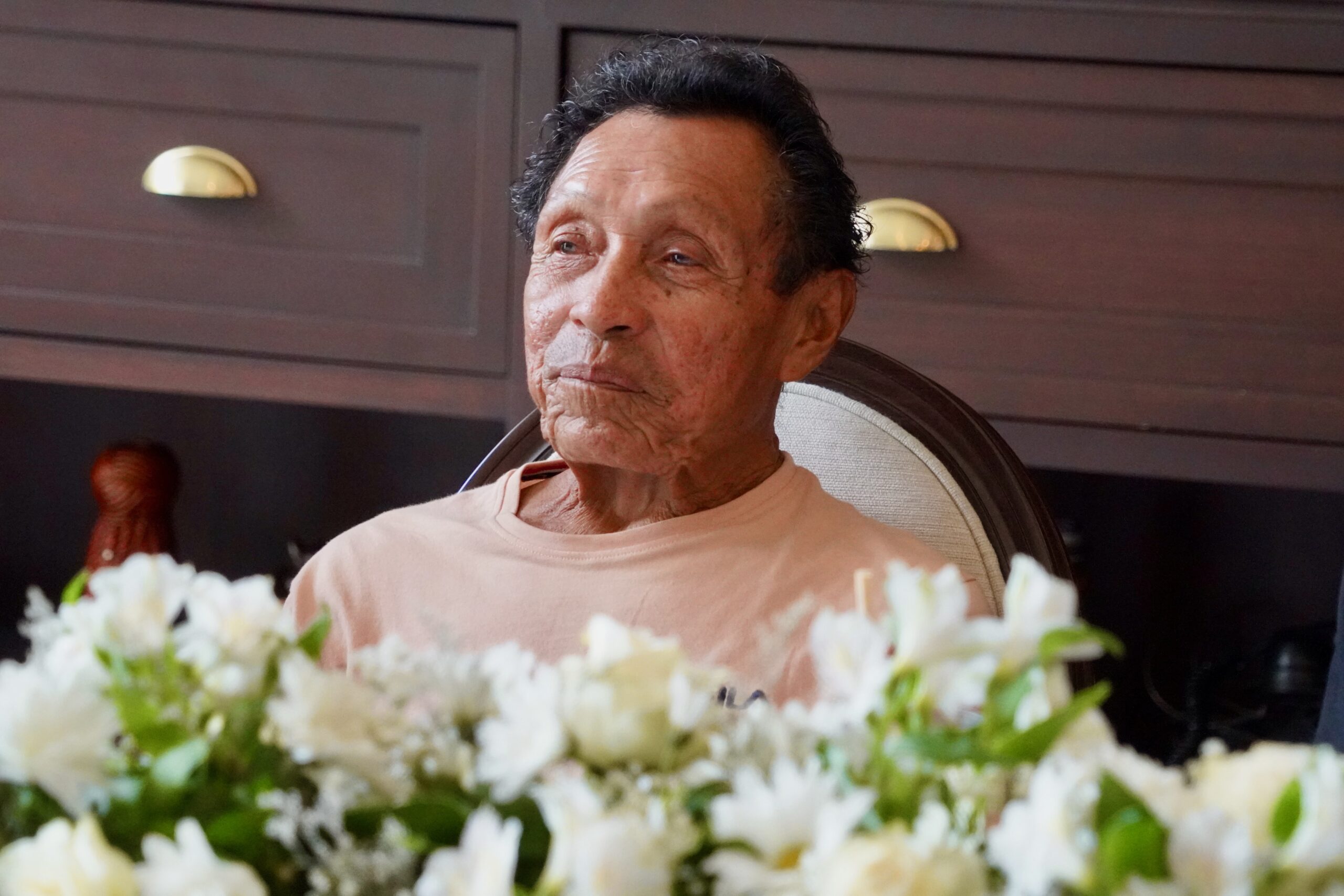
Sofitel Legend Casco Viejo is a hotel with a unique location, where wonderful views of the Pacific Ocean can be appreciated. With a commitment to a social impact program, the hotel’s professional staff has participated in a knowledge exchange with Guna Ogob and is working to strengthen this Indigenous enterprise and its design and brand.
The FSC Indigenous Foundation (FSC-IF) is a global Indigenous organization supporting Indigenous Peoples’ self-development, self-governance, and self-reliance through Indigenous-based solutions, multi-sectoral partnerships, and funding. Through the Indigenous Peoples Alliance for Rights and Development (IPARD) Program, we have been working with Guna Ogob, fostering strategic partnerships between the Guna People and stakeholders, including government and the private sector. We have supported training in entrepreneurial and business skills, and the co-development of a strategic and business plan.
The collaboration with Sofitel Legend Casco Viejo is one of these initiatives that demonstrates the success of shared value partnership management: while Guna Ogob has been able to learn new skills and organizational cultures, Sofitel volunteers have been able to identify talent, learn about Indigenous ways of doing business, and exchange cultural knowledge.
Closing ceremony
The presentation of certificates took place at the Sofitel Legend, located in Casco Viejo, Panama City, Panama. The ceremony began with a tour of the hotel and words from the Director of the Hotel, David Kianni. “We are dedicated to our commitment to continue to co-create initiatives that support cultural heritage,” he said.
The FSC-IF Lead on Business Partnerships and Indigenous Economies, Fredy Duque said, “With these people here present, we are confident that we are contributing to the dream that Guna Ogob has of being able to move forward, not only in terms of the consolidation of a company, but also to continue sharing its cultural legacy.”
Next, the Manager of Guna Ogob, Gabriel Garrido, and the Founder of the company, Pablo Nieto Pérez, gave remarks.
“This is the first time I see another company that is working with us, and that’s going to be part of the story that we always tell,” said Gabriel Garrido.
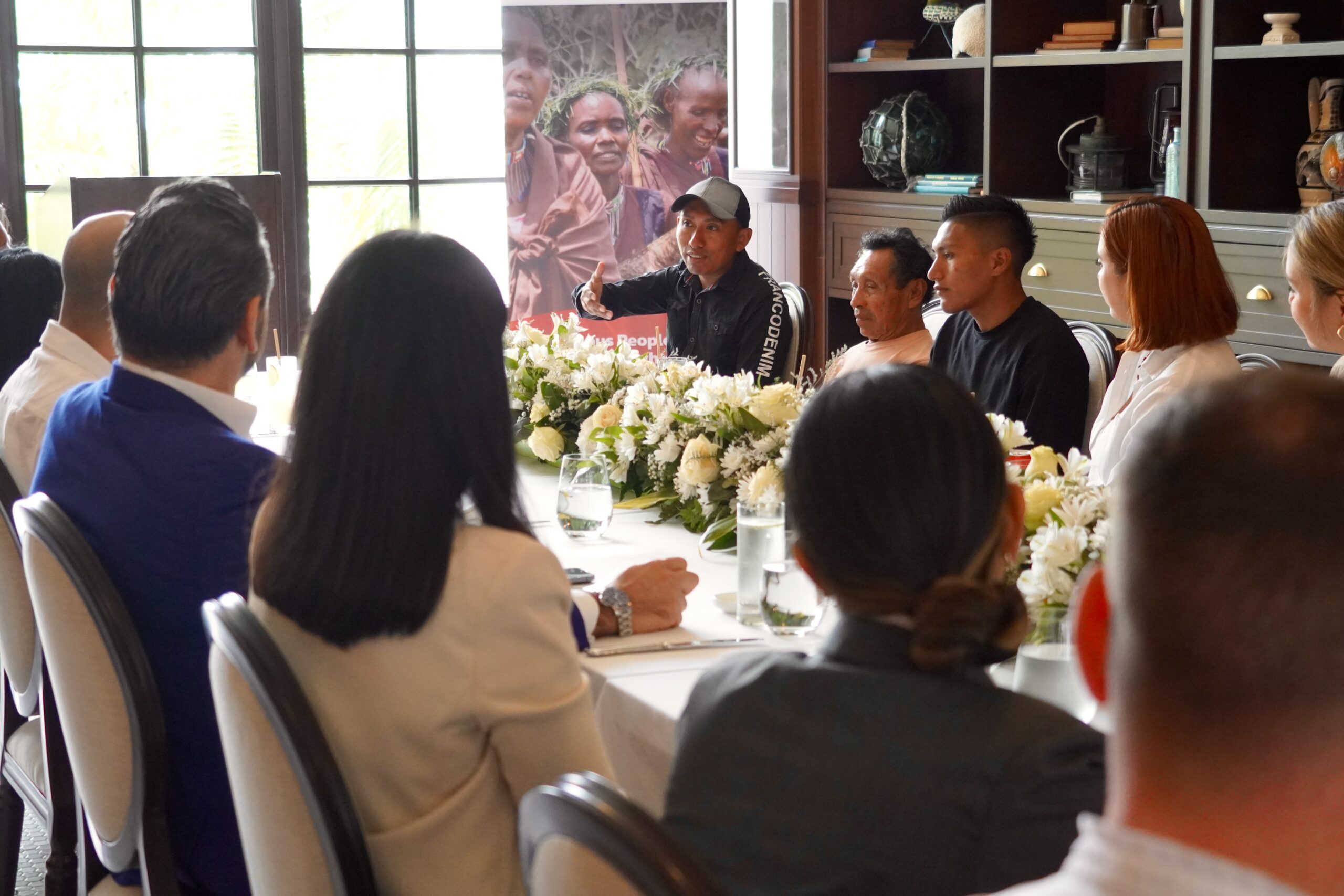
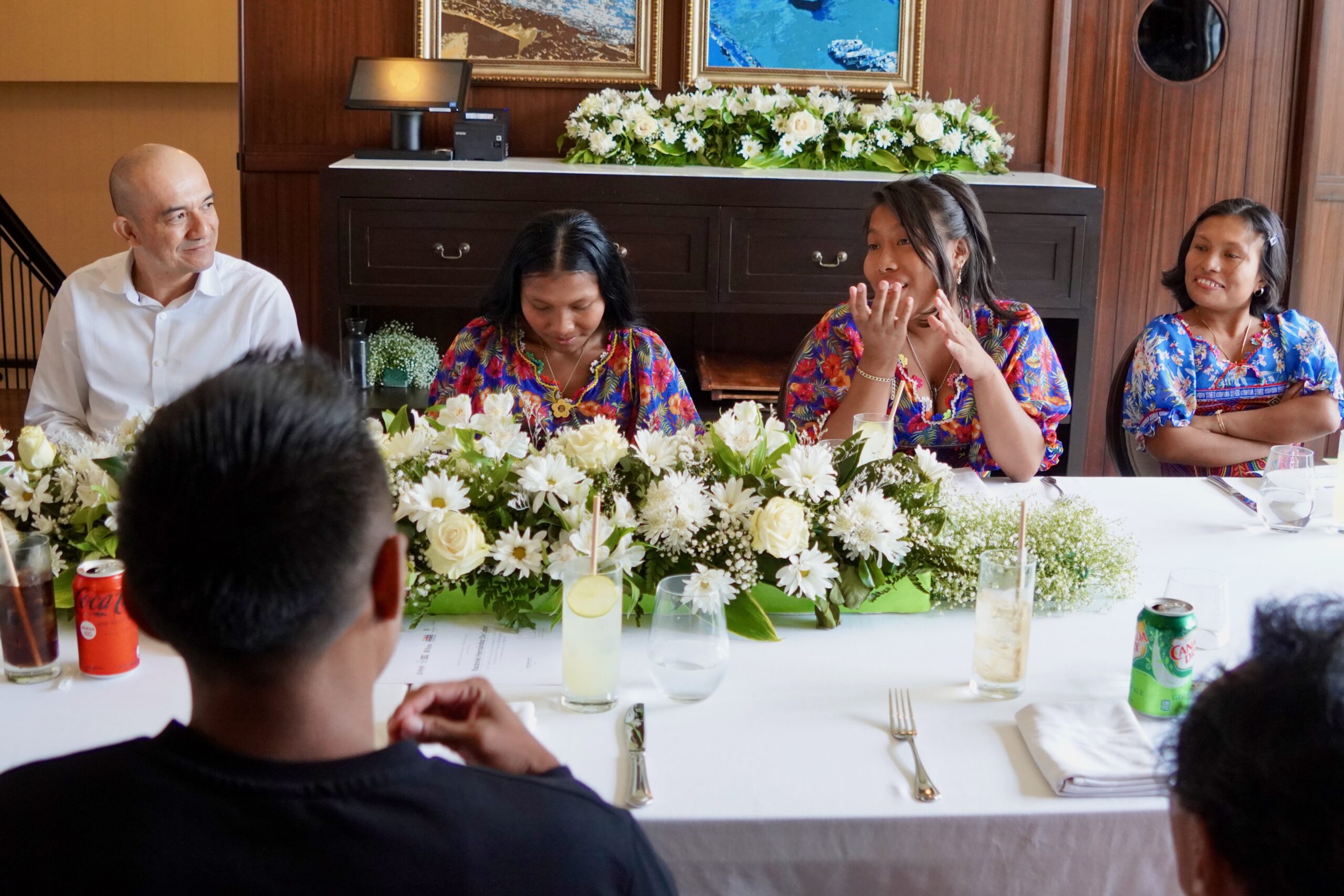
Igupdili Morris, in charge of sales of Guna Ogob, emphasized the importance of working together. “If one falls down, we have to stand together and get up,” she said.
The event concluded with a presentation by the hotel chef of products made with Guna Ogob coconut oil. Participants discussed the partnership and how it will help both companies in the future. The collaboration will continue with support on logo and branding.
